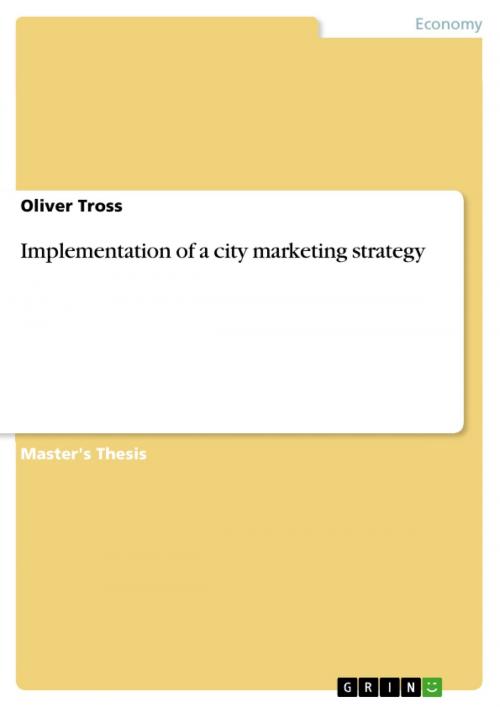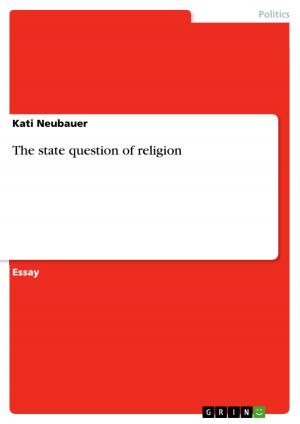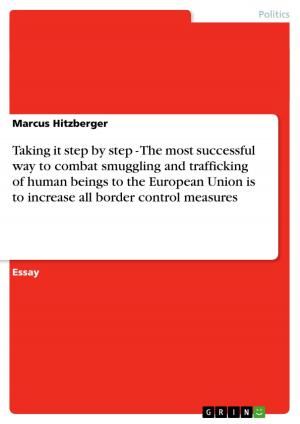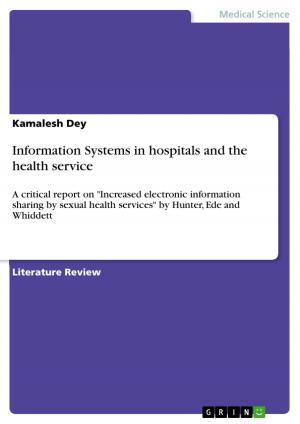| Author: | Oliver Tross | ISBN: | 9783638548823 |
| Publisher: | GRIN Publishing | Publication: | September 26, 2006 |
| Imprint: | GRIN Publishing | Language: | English |
| Author: | Oliver Tross |
| ISBN: | 9783638548823 |
| Publisher: | GRIN Publishing |
| Publication: | September 26, 2006 |
| Imprint: | GRIN Publishing |
| Language: | English |
Master's Thesis from the year 2006 in the subject Business economics - Marketing, Corporate Communication, CRM, Market Research, Social Media, grade: 1,3, University of Applied Sciences Giessen, course: International Marketing, 52 entries in the bibliography, language: English, abstract: From polis to metropolis, from ancient settlements to the urban so-ciety: The situation of German cities undergoes deep changes. An increasing pressure on their fundaments influences the cities in their structures. Caused by factors like globalization, political amend-ment, shifts in the society etc., the city is loosing its basic functions. The times of being a central marketplace or a melting pot for the population are gone. Today's society is more critical, demanding and mobile. When a city does not meet the expectations of its citi-zens and customer they will probably look for another place to sat-isfy their needs. Even the industries lay a claim on their business location. If their demand for infrastructure, low taxes, well trained employees etc. does not meet the requirements, they will probably relocate. The competition between business locations and market-places increases. Furthermore, this accelerating competition hits the cities in times of low financial resources and declining receipts. The public admini-stration has to consider new concepts and different ways to meet the competition.
Master's Thesis from the year 2006 in the subject Business economics - Marketing, Corporate Communication, CRM, Market Research, Social Media, grade: 1,3, University of Applied Sciences Giessen, course: International Marketing, 52 entries in the bibliography, language: English, abstract: From polis to metropolis, from ancient settlements to the urban so-ciety: The situation of German cities undergoes deep changes. An increasing pressure on their fundaments influences the cities in their structures. Caused by factors like globalization, political amend-ment, shifts in the society etc., the city is loosing its basic functions. The times of being a central marketplace or a melting pot for the population are gone. Today's society is more critical, demanding and mobile. When a city does not meet the expectations of its citi-zens and customer they will probably look for another place to sat-isfy their needs. Even the industries lay a claim on their business location. If their demand for infrastructure, low taxes, well trained employees etc. does not meet the requirements, they will probably relocate. The competition between business locations and market-places increases. Furthermore, this accelerating competition hits the cities in times of low financial resources and declining receipts. The public admini-stration has to consider new concepts and different ways to meet the competition.















